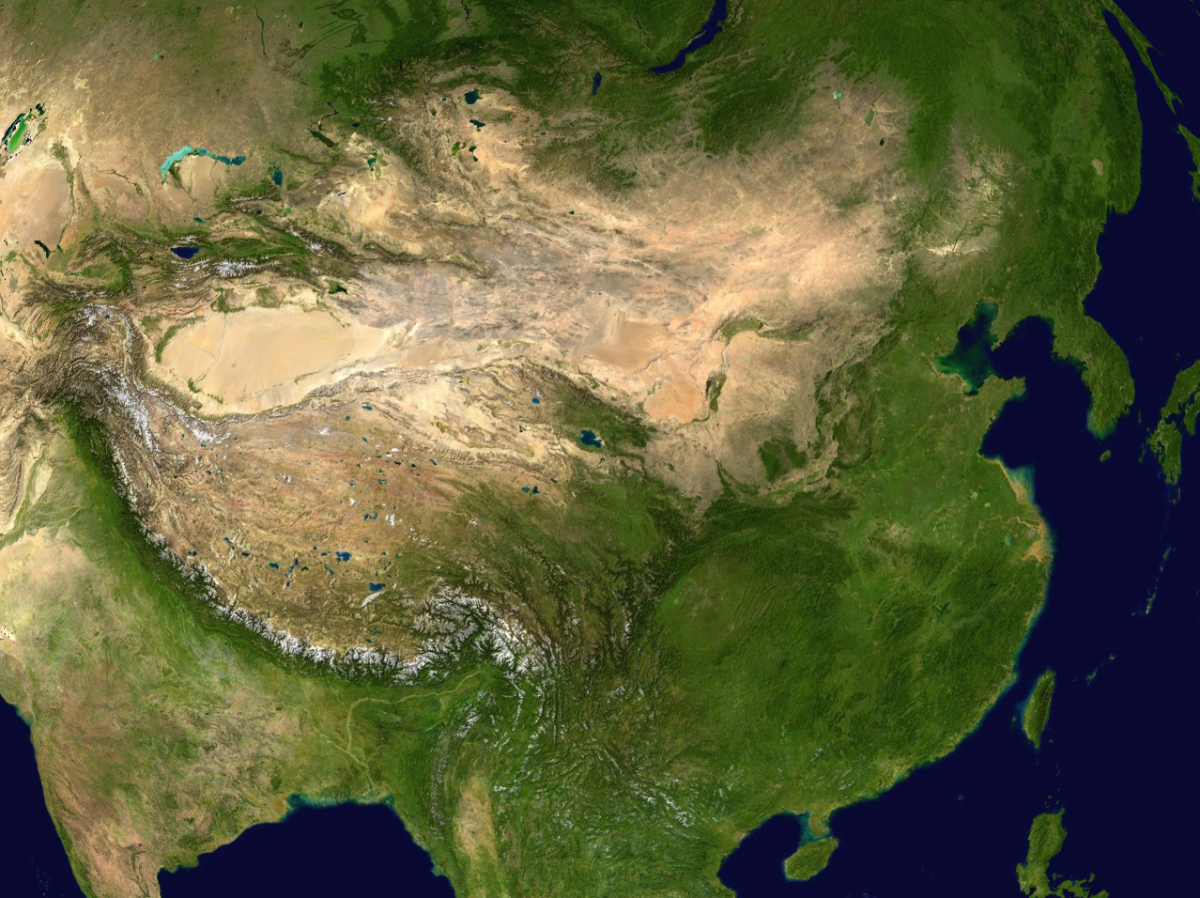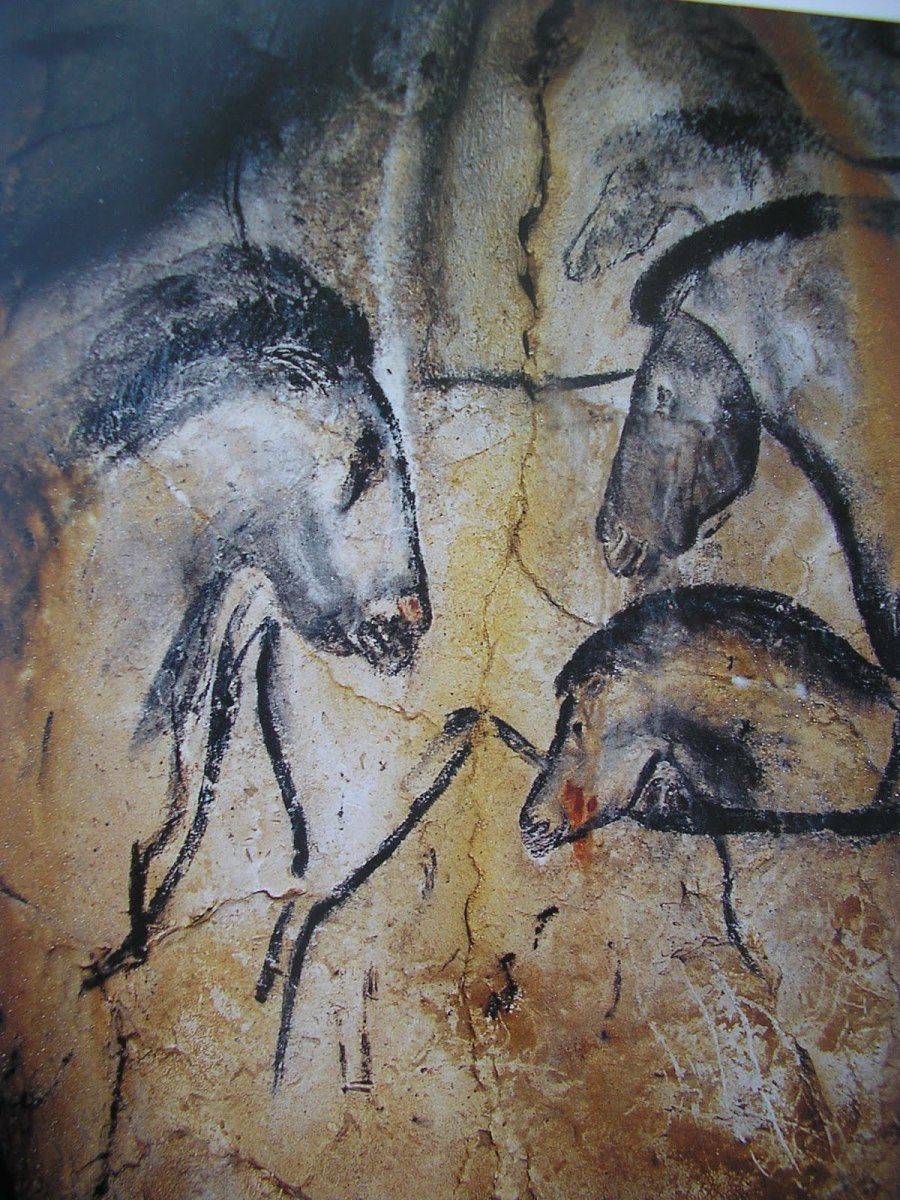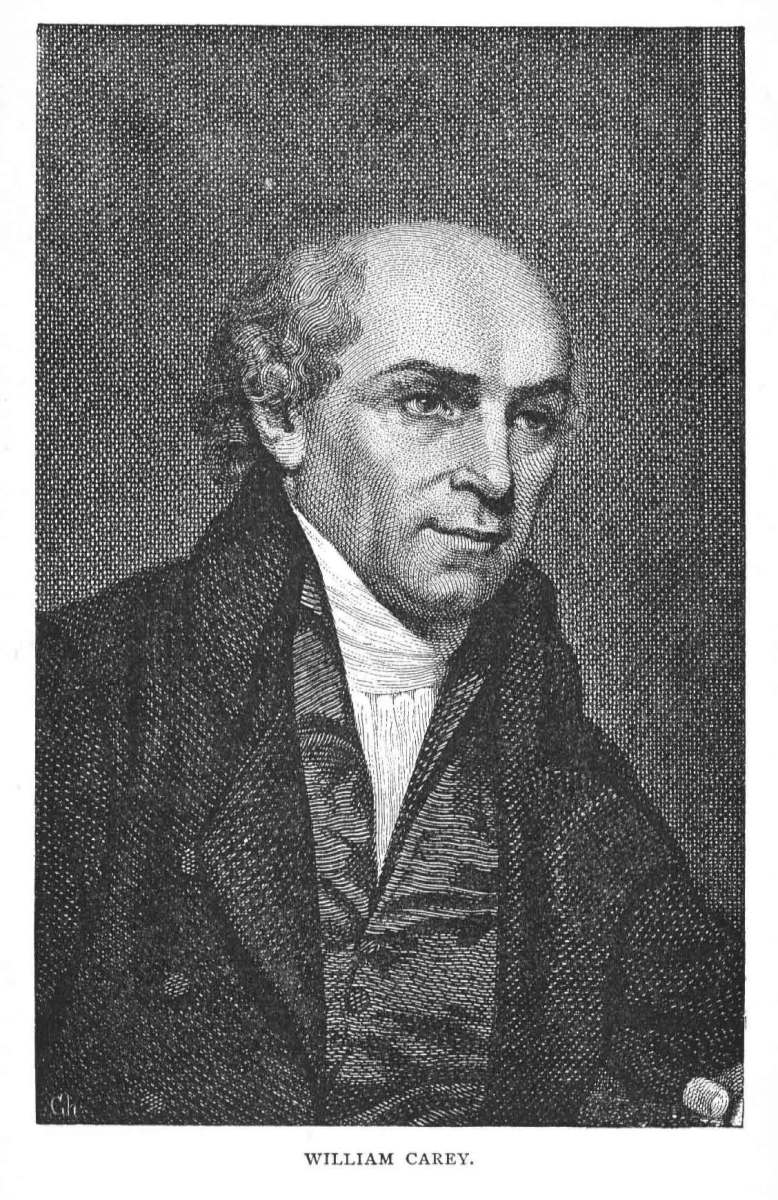Stories of Hope and Transformation

Redeeming a village and a culture
For years, I have followed the efforts and stories of missionaries who went to small and very obscure villages to write down the language of the people, teach people to read, and give them the Bible in their own language. These books are special favorites of mine. Anyone who knows the love of Christ will certainly enjoy reading these books. For others, they will prove to be fascinating accounts of the kind of change only Christ can bring to the lives of people.
These books are about small groups of people who lived in a dysfunctional situation, where our most cherished values are unknown. Some of them were cannibals. Some of them had developed a culture of distrust and cruelty. These stories of the transformation of their villages are inspirational.
The New Testament has been translated into a couple thousand languages, and more copies of the Bible have been printed than any other book in the world, and many times as many as some of the other important books combined.
The graphic is in the public domain.
Eternity in Their Hearts
by Don Richardson
This book was a real eye-opener for me. The basic message is that each group of people in the world have part of the truth about salvation. The meat of the book is the numerous examples of which parts people have, and how they relate to the facts of the Christian faith. For example, some people have a legend of a lost book. If missionaries come and take the time to learn about this, they can tell the people that they have come to bring them the lost book: the Bible. Some people have a practice of baptism. They don't know the meaning of baptism, but they have practiced it over the ages. Many missionaries have struggled to find a way to reach the people, but until missionaries are willing to listen to the people and learn what part of the truth they already had, they usually were unable to reach them. On the other hand, some folks, misguided in my opinion, have gone in to adopt some of the pagan practices to win the people. This is called syncretism, and is deadly to the Christian faith. Missionaries sometimes will redirect local festivals and celebrations so that they now reflect Christianity, and that is a good thing. This book forms the basis for this understanding, of what will result in people embracing the truth, and what will not.
Available on Amazon
Through Gates of Splendor
By Elisabeth Elliott
Several missionaries go to the Huaorani people in Ecuador, to bring the Gospel. The Huaorani are greatly feared, and they are cannibals. At first, the Huaorani befriend them, but before too long, they kill all the missionaries. This is their story. Written by one of the widows, it was developed from communications and diaries of the five missionaries. She later went back to the same people, who were transformed by the Gospel.
This was written by one of the widows. It is available on Amazon.
Peace Child
From the author of Eternity in Their Hearts comes this account of the transformation of a single tiny group of people, the Sawi people of New Guinea. One of the most prominent features of their culture as they lived before the arrival of missionaries was their practice of telling the legends of the most elegant ways in which a member of their group betrayed a friend. The result is that small families are isolated from each other, because nobody trusts anybody else. Don and Carol Richardson begin to translate the Bible into the language of the Sawi people, with the help of one of the native speakers. But their message is falling on deaf ears until the native recounts to them the story of the Peace Child. The Peace Child is the perfect analogy for Jesus, and suddenly, the people understand. This is transformative, and the people no longer pursue the practice of betrayal. The legend of the Peace Child, and how the people accepted their own peace children, is fascinating. But no spoilers here! Read and enjoy the book instead.
Available on Amazon
Hidden People
The Oatridge family goes to live among the Binumarien people of New Guinea. Originally numbering around 3000, they have become nearly extinct. There are only 111 of them. The people live in fear, and practice sorcery. Marriage and children are considered evil; women have no status. Men don't even live with their wives, but sleep in a house reserved only for adult men. A Lutheran missionary has been there before them, and they have built him a church. But they only hear the Bible in another language, the Kate language, and they understand it poorly and misinterpret many different things. It takes many years to win the trust of the people, but as they begin to translate the Bible into Binumarien, one insight after another is revealed. One very interesting one was how excited the people got when they first heard Jesus' genealogy. Now they knew He was real. The group begins to grow and there are now many children. The Bible in their own language totally transforms the lives of the people.
This book is out of print, but if you can find a copy you can afford, it is well worthwhile to read. I was able to get it on Amazon.
God's Promise to the Chinese
Ethel R. Nelson et al.
This book analyzes the most ancient versions of Chinese characters, found inscribed on various rock surfaces, buildings, and other places. It demonstrates that the ancient Chinese were aware of the story of Genesis, re-told it almost exactly as the Hebrew does, and that they were aware that God is a Trinity.
The Chinese referred to God as ShangDi, which the authors compare to El Shaddai, one of the Hebrew names of God.
Every year, the Chinese had a festival in which they slaughtered a bull to ShangDi. They understood the symbol of Jesus' sacrifice, and also forgiveness and grace. Modern Chinese find these concepts much more difficult.
This book is somewhat technical, since it includes extensive analysis of Chinese characters in context. I found it fascinating nonetheless.
Not just for religion
The Christian faith and the Bible are not just for religion. They have transformed every culture they have touched. We owe our scientific and technological advancement to the Christian faith, and to Judaism before that. Through the Christian faith, people developed a concept of human rights, as gifts from God, and established some of the most humanitarian governments ever known. Other religions either preach violence, or they teach that there is no such thing as reality. Animistic religions create fear and give shamans the ability to rule over the people. Shamans often have extensive knowledge of local herbs and their healing powers, but they keep this information from the people because it gives them power. If the Christian faith did nothing else, ever, the fact that it destroys fear is reason enough for its existence.








